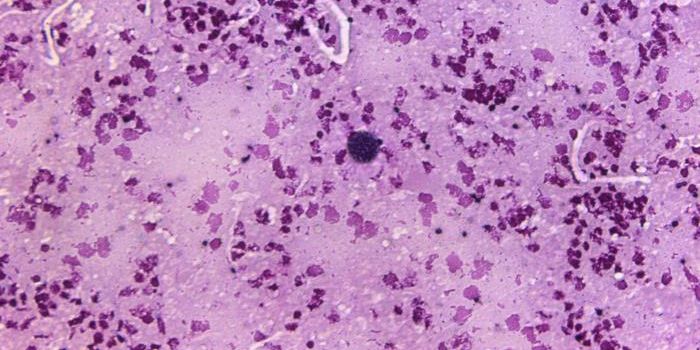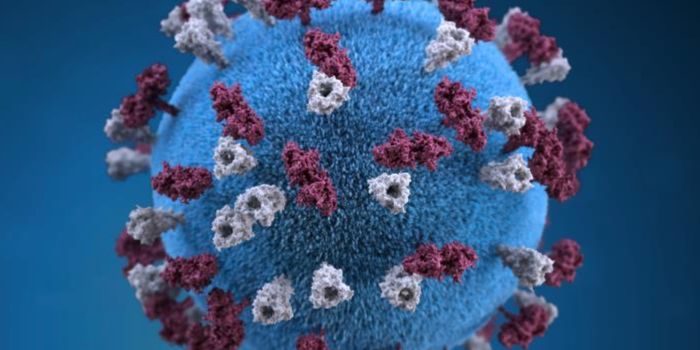Little-known STI may Become a Superbug
Scientists at the British Association of Sexual Health and HIV (BASHH) are growing concerned about a common sexually transmitted infection (STI) that has the potential to become a superbug within a decade. Not many people know about mycoplasma genitalium (MG), but data collected from the US, Australia, Scandinavia and the UK determined that it infects around one percent of men and three percent of women. This research suggests that by the time people know to be wary of it, it will be resistant to drug treatment, like some other sexually transmitted diseases.
Earlier this year, the UK reported its first case of so-called super-Gonorrhea. It’s known that pathogenic bacteria, in general, are becoming more resistant to therapeutics that used to effectively treat infections. One reason why experts are concerned about drug resistance in MG is that it is not always properly diagnosed. That can lead doctors to use the wrong drugs, which can help develop resistant strains of MG.
“MG is treated with antibiotics, but as until recently there has been no commercially available test, it has often been misdiagnosed as Chlamydia and treated as such. This is not curing the infection and is causing antimicrobial resistance in MG patients,” explained BASHH spokesperson Paddy Horner, who developed new treatment guidelines. “If practices do not change and the tests are not used, MG has the potential to become a superbug within a decade, resistant to standard antibiotics. The greatest consequence of this is for the women who present with PID [pelvic inflammatory disease] caused by MG, which would be very hard to treat, putting them at increased risk of infertility.”
MG is mistaken for Chlamydia because the symptoms, like pelvic pain or burning during urination, are similar (both can also present without symptoms). When left untreated, it can cause PID, in which infection spreads to the reproductive organs and lead to infertility.
“These new guidelines have been developed because we can’t afford to continue with the approach we have followed for the past fifteen years as this will undoubtedly lead to a public health emergency with the emergence of MG as a superbug," he added. "Our guidelines recommend that patients with symptoms are correctly diagnosed using an accurate MG test, treated correctly then followed up to make sure they are cured. Resources are urgently needed to ensure that diagnostic and antimicrobial resistance (AMR) testing is available for women with the condition who are at high risk of infertility. We are asking the [UK] government directly to make this funding available to prevent a public health emergency waiting to happen and which is already spiraling out of control”.
“MG is rapidly becoming the new ‘superbug’: it’s already increasingly resistant to most of the antibiotics we use to treat Chlamydia and changes its pattern of resistance during treatment so it’s like trying to hit a moving target. The new guidelines will be helpful, but unless and until we get funds, so we can regularly test for it, we’ll be in the dark about which women with pelvic inflammatory disease have got it, and about what their true risk of long-term complications are,” said Dr. Peter Greenhouse, sexual health consultant from Bristol.
In the United States, researchers are still trying to develop a reliable diagnostic test for MG. While one exists, it has not yet been approved by the FDA.








